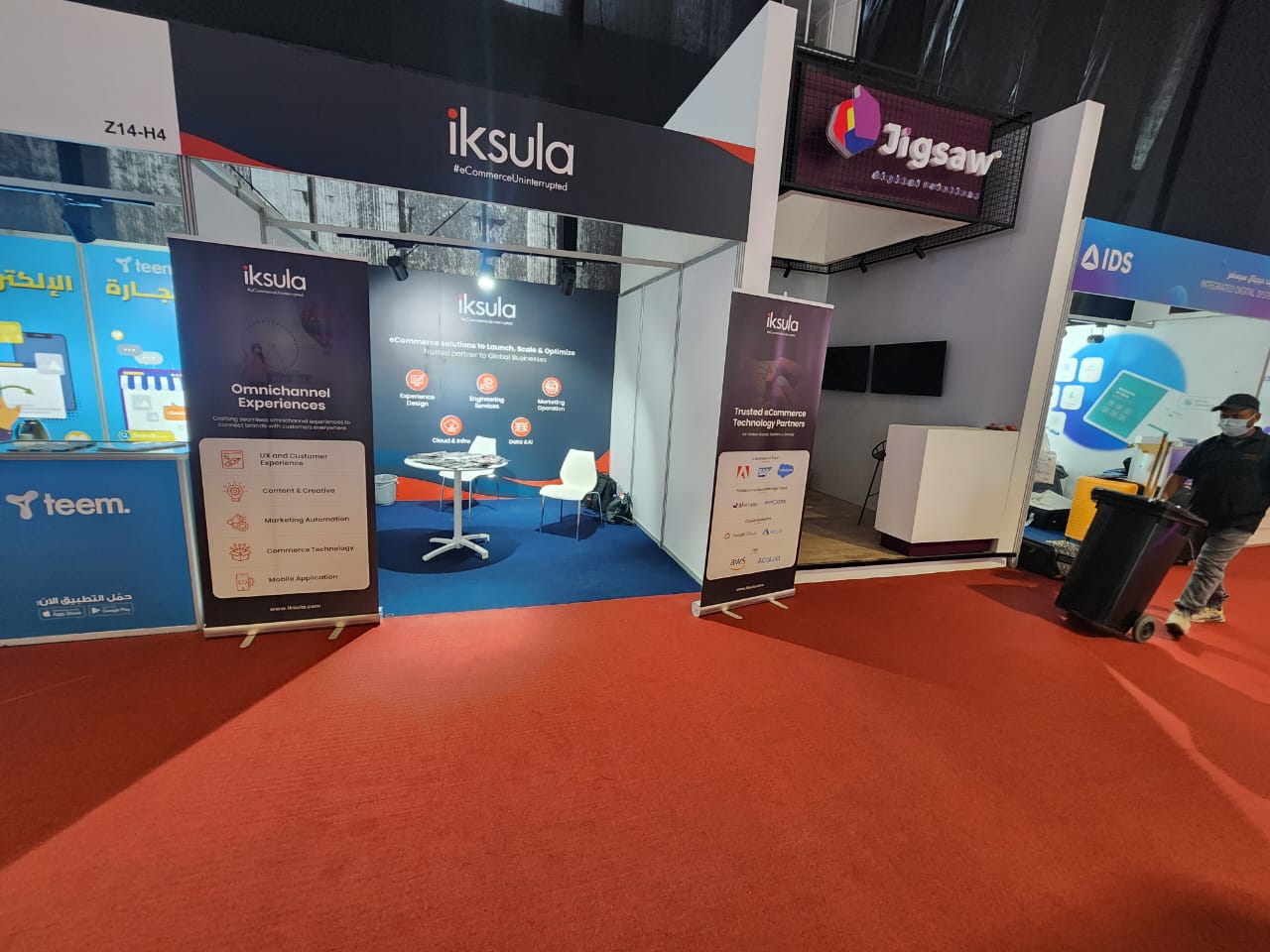Rapid increase in the use of mobiles and the emergence of the internet has led to the evolution of cyberspace. According to a recent ASSOCHAM-EY joint study titled ‘Strategic National Measures to Combat Cybercrime’, mobile frauds are areas of great concern for companies as 40-45% of financial transactions are done via mobile devices and this threat is expected to grow to 60-65% by 2017 (approximately 45% rise).
According to joint study, credit and debit card fraud cases top the chart of cyber crimes. There has been a six-fold increase in such cases over the past three years. According to the data, about 46% complaints of online banking related to/credit/debit card fraud followed by Facebook (39%) – related complaints (morphed pictures/cyber stalking/cyber bullying).
Enforcing data security measures and creating proactive security monitoring capability are vital for an organization to maintain a lead over emerging threats and protect their financial, intellectual and customer-related information, adds the study. A secure cyberspace and government’s influence in keeping tabs on cyber crime have become important criteria for businesses to establish, operate and flourish in any region.
The detailed observations and recommendations of the study can be found here.
Iksula’s Take on Cyber Security
The study’s findings and predictions are alarming, if not shocking. As a country whose citizens are getting access to high-speed internet at cost-effective prices, India’s cyber security capabilities lag behind many regional and global counterparts. As investors’ money is flowing into the country and digital businesses are booming, India’s cyber security architecture today stands incapable of handling digital intrusions of any kind. Although progress has been slow from the point-of-view of government policies surrounding cyber security, the recent tie-up with the US government is likely to improve the state of affairs in the near future.
ewallet-paytm-mobikwik-oxigenMeanwhile, wallet companies like Paytm, MobiKwik, Oxigen Wallet are trying out facial recognition, and have already processes & teams in place for card checks and device ID checks on fraud accounts. With demonetization hitting India hard, adoption of digital wallet players has skyrocketed – and this places additional responsibility on them to protect consumers from frauds. Though many businesses have dedicated teams monitoring security & privacy on their eCommerce websites, a percentage of companies operate unaware of the impending dangers. Cyber security attacks could not only cause monetary damage, but also a huge loss of consumer trust (check out some tips to improve your webstore’s security).
Excerpts from Times of India
Have any thoughts on cyber security or online frauds in India? Post your comment below.









































